Standards for ecologically successful river restoration
Title: Standards for ecologically successful river restoration
Category: Academic Article
File: Palmer_2005_0457_Stds-for-ecol-successful-river-restoration.pdf
Updated Date: 06.04.2018
Author(s)/Source(s): Palmer, M. A. ; Bernhardt, E. S. ; Allan, J. D. ; Lake, P. S. ; Alexander, G. ; Brooks, S. ; Carr, J. ; Clayton, S. ; Dahm, C. N. ; Follstad Shah, J. ; Galat, D. L. ; Loss, S. G. ; Goodwin, P. ; Hart, D. D. ; Hassett, B. ; Jenkinson, R. ; Kondolf, G. M. ; Lave, R. ; Meyer, J. L. ; O' Donnell, T. K. ; Pagano, L. ; Sudduth, E.
Publication Date: 2005
Focal Topic: Habitat Restoration, Monitoring Programs
Location: United States
1.Increasingly, river managers are turning from hard engineering solutions to ecologically based restoration activities in order to improve degraded waterways. River restoration projects aim to maintain or increase ecosystem goods and services while protecting downstream and coastal ecosystems. There is growing interest in applying river restoration techniques to solve environmental problems, yet little agreement exists on what constitutes a successful river restoration effort.
2. We propose five criteria for measuring success, with emphasis on an ecological perspective. First, the design of an ecological river restoration project should be based on a specified guiding image of a more dynamic, healthy river that could exist at the site. Secondly, the river’s ecological condition must be measurably improved. Thirdly, the river system must be more self-sustaining and resilient to external perturbations so that only minimal follow-up maintenance is needed. Fourthly, during the construction phase, no lasting harm should be inflicted on the ecosystem. Fifthly, both pre- and postassessment must be completed and data made publicly available.
3. Determining if these five criteria have been met for a particular project requires development of an assessment protocol. We suggest standards of evaluation for each of the five criteria and provide examples of suitable indicators.
4. Synthesis and applications. Billions of dollars are currently spent restoring streams and rivers, yet to date there are no agreed upon standards for what constitutes ecologically beneficial stream and river restoration. We propose five criteria that must be met for a river restoration project to be considered ecologically successful. It is critical that the broad restoration community, including funding agencies, practitioners and citizen restoration groups, adopt criteria for defining and assessing ecological success in restoration. Standards are needed because progress in the science and practice.
ecosystem rehabilitation, floodplain, monitoring, restoration assessment, stream
